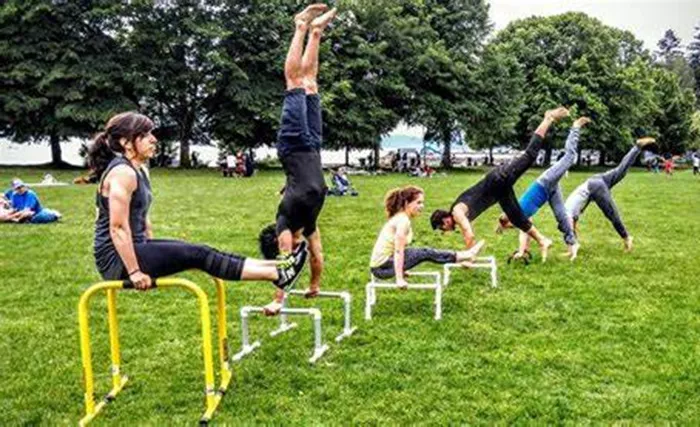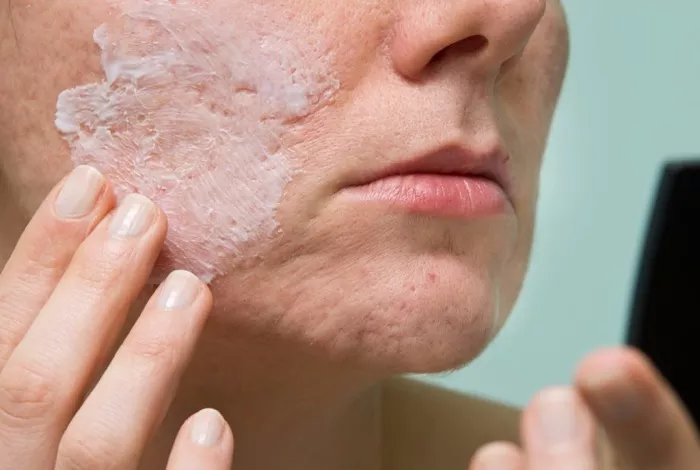Exercising with heart disease requires careful consideration and professional guidance to ensure that physical activity is beneficial rather than harmful. The heart, as a vital organ, can be affected by exercise, especially in those with pre-existing conditions. For individuals with heart disease, engaging in regular physical activity is important for overall health, but it must be done in a controlled and safe manner.
In this article, we will explore how heart disease impacts the body, why exercise is important for heart health, and provide a detailed guide on how to safely exercise with heart disease. We will also discuss the types of exercises that are suitable for individuals with heart disease and offer tips for monitoring exercise intensity.
Heart Disease and Its Impact on the Body
Heart disease encompasses a wide range of conditions that affect the heart’s ability to function properly. These conditions include coronary artery disease, heart failure, arrhythmias, and heart valve problems. When the heart is weakened, it becomes less efficient at pumping blood throughout the body, which can lead to various symptoms such as shortness of breath, fatigue, chest pain, and swelling in the legs and abdomen.
Exercising with heart disease can help improve cardiovascular health, strengthen the heart, and enhance overall physical fitness. However, it is essential to take certain precautions to prevent overexertion, which can exacerbate symptoms or lead to complications.
Why Is Exercise Important for Heart Health?
For individuals with heart disease, exercise plays a crucial role in managing the condition and improving quality of life. Here are some of the key benefits of exercise for those with heart disease:
Improved Heart Function: Regular exercise strengthens the heart muscle, helping it pump more efficiently. This improves circulation and oxygen delivery to tissues throughout the body, reducing the strain on the heart.
Reduced Risk of Further Heart Complications: Exercise can help control risk factors such as high blood pressure, high cholesterol, and obesity, all of which contribute to the development and progression of heart disease.
Enhanced Mobility and Endurance: Exercising helps to maintain or improve flexibility, strength, and endurance. This can make everyday activities, such as walking or climbing stairs, easier and less tiring.
Mental Health Benefits: Exercise has been shown to reduce stress, anxiety, and depression, which are common in individuals with chronic health conditions, including heart disease. Physical activity stimulates the release of endorphins, which are natural mood boosters.
Weight Management: Maintaining a healthy weight is crucial for managing heart disease, and regular physical activity can help with weight loss or weight maintenance.
Before You Start
Before embarking on any exercise program, it is essential to consult with a healthcare professional, especially if you have heart disease. Your doctor will assess your condition, review your medical history, and determine the level of physical activity that is safe for you. They may recommend specific tests, such as a stress test or an electrocardiogram (ECG), to evaluate how your heart responds to exercise.
Your doctor may also help you establish an exercise plan that includes the type, frequency, intensity, and duration of exercise that is best suited for your condition. It is important to follow these guidelines and adjust your routine based on how your body responds.
Types of Exercise for Individuals with Heart Disease
There are several types of exercise that can be beneficial for individuals with heart disease. The key is to engage in low-impact, moderate-intensity activities that do not place undue strain on the heart. Some of the best exercises for those with heart disease include:
Walking: Walking is one of the simplest and safest forms of exercise. It is easy to incorporate into daily life and can be done at a comfortable pace. Start with short walks and gradually increase the duration as your endurance improves.
Cycling: Cycling, whether on a stationary bike or a regular bicycle, is another low-impact exercise that is gentle on the joints and heart. It helps to improve cardiovascular fitness and leg strength.
Swimming: Swimming is an excellent exercise for individuals with heart disease, as the water provides support and reduces the risk of injury. It is a full-body workout that improves heart health and overall fitness.
Strength Training: While high-intensity weightlifting may be too strenuous for individuals with heart disease, light strength training exercises can help improve muscle tone and support overall fitness. Resistance bands or light weights are ideal for building strength without overloading the heart.
Yoga and Tai Chi: These mind-body exercises promote relaxation, flexibility, and balance. They are ideal for reducing stress and improving heart health. Slow, controlled movements and deep breathing techniques are beneficial for calming the nervous system and supporting cardiovascular health.
Stretching: Stretching exercises improve flexibility and joint mobility, helping to reduce muscle stiffness and improve overall movement. Stretching should be done gently and never forcefully.
How to Safely Exercise with Heart Disease
While exercise is crucial for heart health, it is important to approach it with caution and listen to your body. Below are some safety guidelines to follow when exercising with heart disease:
Start Slowly and Gradually Increase Intensity: If you are new to exercise, begin with shorter, less intense sessions and gradually increase the duration and intensity over time. This allows your body to adapt to physical activity without overwhelming the heart.
Warm-Up and Cool Down: Always start your workout with a gentle warm-up to increase your heart rate gradually. Similarly, end your workout with a cool-down period to allow your heart rate to return to its resting state slowly.
Monitor Your Heart Rate: It is important to track your heart rate during exercise to ensure that you are not overexerting yourself. Your doctor can recommend a target heart rate zone that is safe for you based on your condition.
Watch for Warning Signs: During exercise, it is important to be aware of any warning signs that may indicate that your heart is being overworked. These symptoms include chest pain, dizziness, shortness of breath, lightheadedness, or nausea. If you experience any of these, stop exercising immediately and seek medical attention.
Stay Hydrated: Dehydration can put additional stress on the heart. Be sure to drink plenty of water before, during, and after exercise to maintain hydration levels.
Avoid Intense Exercise During Exacerbations: If you are experiencing symptoms of heart disease, such as chest pain or difficulty breathing, it is important to avoid exercising until your symptoms have been evaluated and treated by a doctor.
Listen to Your Body: Pay attention to how your body feels during and after exercise. If you feel fatigued or unwell, take a break or reduce the intensity of your activity. Pushing yourself too hard can lead to injury or worsen heart symptoms.
Setting Realistic Goals and Staying Motivated
Setting realistic and achievable fitness goals is essential for success in any exercise program. Your goals should be based on your current fitness level and your doctor’s recommendations. Some examples of goals for individuals with heart disease include:
- Walking for 20 minutes every day
- Completing a 10-minute session of strength training 2-3 times a week
- Swimming for 15 minutes without feeling fatigued
As you progress, you can adjust your goals to increase the duration, frequency, or intensity of your workouts. Celebrate your achievements and stay motivated by focusing on the benefits of exercise, such as improved heart health, better energy levels, and enhanced mood.
Conclusion
Exercising with heart disease is not only possible, but it is also an essential part of managing the condition and improving overall health. By following the right guidelines and working closely with a healthcare provider, individuals with heart disease can safely engage in physical activity that strengthens the heart, improves circulation, and enhances their quality of life.
The key to success is to start slowly, listen to your body, and gradually increase the intensity of exercise as you become stronger. Whether it’s walking, swimming, or strength training, the right exercise routine can help you live a healthier and more active life despite having heart disease.
Related Topics

































